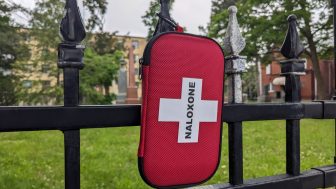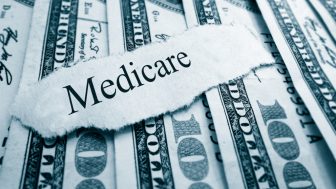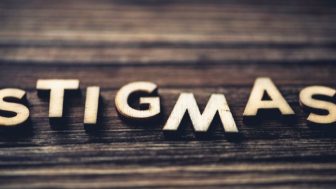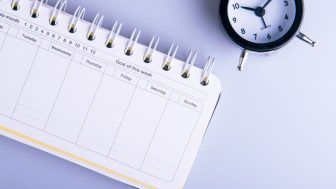Read Our Blog
25/02/2024
 What is Harm Reduction?
What is Harm Reduction?
You may have heard the term harm reduction in recent years but are unsure of its meaning. So, what is ...
29/01/2024
 What to do When Medicare Runs Out for Rehab
What to do When Medicare Runs Out for Rehab
When seeking treatment for addiction the last thing you, or your loved one, needs to focus on is limitations on ...
15/12/2023
 Crack Addiction: Signs, Symptoms, and Implications
Crack Addiction: Signs, Symptoms, and Implications
Throughout 16 months of active addiction and my nearly two decades of sobriety, I’ve been able to meet people who ...
27/07/2023
 Workaholism and Alcoholism Have More in Common Than We Thought
Workaholism and Alcoholism Have More in Common Than We Thought
Tom wasn’t sure if he drank so much because of work, or if he worked so much to keep himself ...
16/06/2023
 A Goodbye Letter to My Drug Addiction
A Goodbye Letter to My Drug Addiction
Substance use disorders impact over 21 million Americans each year, but only 10 percent of people get the life-saving treatment ...
29/07/2022
 Life in Recovery: My Personal Story of Post-Traumatic Growth
Life in Recovery: My Personal Story of Post-Traumatic Growth
Over a decade ago, I made a decision that changed me forever and made me enter life in recovery. After ...
18/05/2022
 12 Evidence-Based Therapies for Individualized Addiction Treatment
12 Evidence-Based Therapies for Individualized Addiction Treatment
Finding individualized evidence-based therapies for treatment can be the key to long-term recovery from addiction. Everyone’s experience with addiction is ...
17/05/2022
 Why is There a Stigma Associated with Rehab?
Why is There a Stigma Associated with Rehab?
Research shows that despite 21 million Americans struggling with addiction, less than 10 percent of people get the help they ...
16/05/2022
 Paying for Rehab: Will Medicare or Medicaid Cover Treatment?
Paying for Rehab: Will Medicare or Medicaid Cover Treatment?
Can Medicare and Medicaid help with paying for rehab? The short answer to this question is yes, there is some ...
12/05/2022
 Everything You Need to Know About Gateway Drugs
Everything You Need to Know About Gateway Drugs
Hank’s doctor prescribed painkillers after his biking accident. Two years later, his life revolved around an addiction to heroin. Kim ...
9/05/2022
 What’s a Typical Day in Rehab Like?
What’s a Typical Day in Rehab Like?
Rehab is a 24/7 inpatient program where you live at an addiction treatment facility. Rehabs are standalone buildings in which ...
4/05/2022
 How I Qualified for a Drug Rehab Scholarship
How I Qualified for a Drug Rehab Scholarship
I’ll never forget the sheer desperation I felt at the end of my addiction. I knew I needed help, but ...
